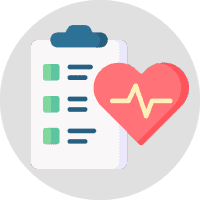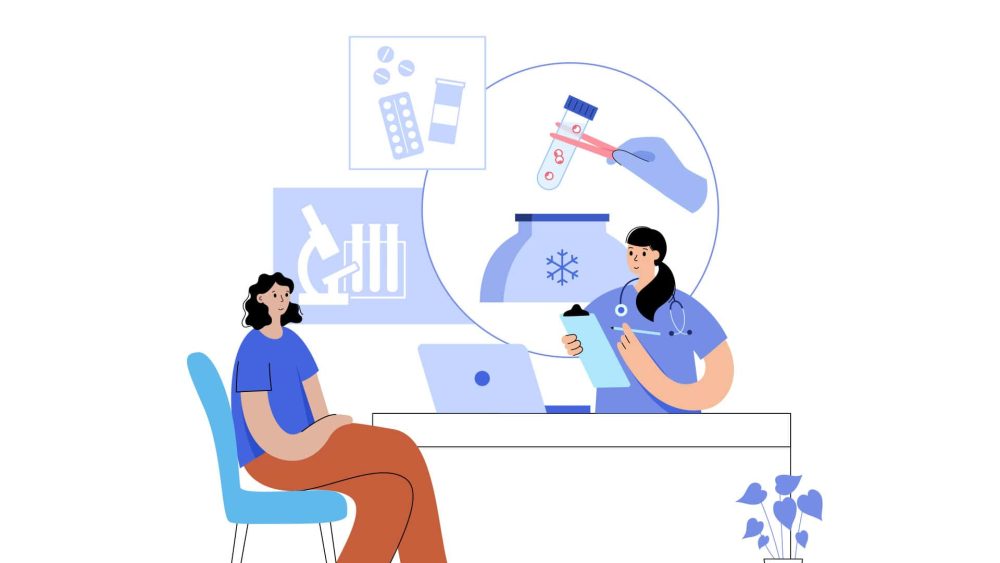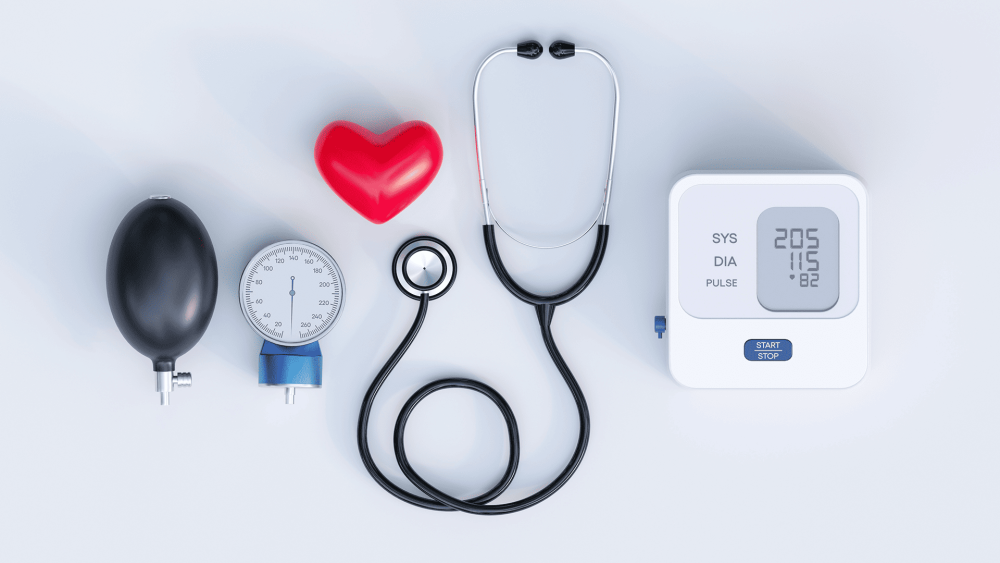Cholesterol has a notorious reputation for causing trouble where heart health is concerned. While it is true that high levels of cholesterol can contribute to heart diseases, not all cholesterols are evil. As a fun fact, did you know that cholesterol plays a key role in making hormones, vitamin D, bile acids, and other important substances that our body needs?
To uncover more interesting facts about cholesterol, here are six common myths debunked.
Myth 1: Cholesterol is Bad for My Health
Fact: Not all cholesterols are bad for you. The type of cholesterol that you need to watch out for is low-density lipoprotein (LDL). Also known as “bad” cholesterol, LDL is the key culprit in causing artery blockage that leads to heart disease.
On the other hand, “good” cholesterol like high-density lipoprotein (HDL) protects your heart. It performs important functions within the body, such as removing excess cholesterol from the bloodstream and preventing the arteries from plaque build-up.
Myth 2: Eggs Have High Cholesterol and Can Lead to Heart Disease

Fact: Although egg yolks are naturally high in cholesterol, recent studies revealed that there is no strong correlation between egg consumption and increased heart risks.
In fact, eggs contain rich sources of nutrients like choline and omega-3 fatty acids that may be beneficial for our heart health. A healthy adult can eat up to one egg per day without negatively impacting cholesterol levels. However, individuals who have existing medical conditions, such as diabetes or a predisposition to high cholesterol, may need to limit their egg intake.
Myth 3: I Should Avoid all High-cholesterol Food
Fact: Moderation is key. While it is important to keep an eye on foods high in LDL, such as red meat and processed food, you do not have to eliminate them completely from your diet.
Instead of avoiding them altogether, consider adopting a heart-healthy diet that includes HDL-rich foods like avocados, fatty fish, nuts, whole grains, and olive oil. These foods that are filled with healthy cholesterols can help lower your LDL, therefore improving your LDL to HDL ratio.
Myth 4: I Do Not Have to Worry About Cholesterol if I Have a Healthy Weight
Fact: While maintaining a healthy weight is beneficial for your overall health, cholesterol levels can be influenced by other factors such as genetics, diet, and lifestyle habits. Taking proactive measures to keep your health in check is necessary even if you have a healthy weight, as symptoms of high cholesterol are usually not noticeable.
Myth 5: I Can Only Control Cholesterol Through Medications
Fact: Besides taking medications, lifestyle modifications also play a significant role in controlling your cholesterol levels. If you prefer not to depend on medications, follow these lifestyle tips to lower your bad cholesterol instead:
Monitor Your Diet
Lowering bad cholesterol starts by cutting down your intake on trans and saturated fats found in red meat, processed food, and full-fat dairy products. To further reduce your bad cholesterol level, consider consuming soluble fibre-rich foods such as apples, carrots, oats, avocados, and beans.

Exercise Regularly
Aim for at least 150 minutes of moderate-intensity exercise or 75 minutes of vigorous-intensity exercise a week. These may include cycling, jogging, swimming, or any form of aerobic exercises.

Limit Your Alcohol Intake
Excess alcohol consumption can raise triglyceride and cholesterol levels in your body. It is best to consume them in moderation or avoid altogether.

Get routine health screenings
Check your cholesterol levels regularly through health screenings to ensure that your lifestyle modifications are working.

Try Cholesterol-lowering Supplements
Some studies have shown that omega-3 fatty acids found in fish oil supplements may be beneficial in lowering triglycerides and increasing good cholesterol. Other supplements that may help with lowering bad cholesterol levels include garlic, flaxseed, berberine, and coenzyme Q10
Do consult a doctor before taking these supplements, especially if you are on medications or have an existing medical condition.
Myth 6: I Won’t Have Heart Attack if I Have Low Cholesterol
Fact: While having low bad cholesterol levels can reduce the risk of a heart attack, it is not possible to gain immunity from it. Besides high cholesterol, heart attacks can occur due to other risk factors such as high blood pressure, smoking, physical inactivity, family history of heart disease, diabetes, and obesity.
How Often Should I Check My Cholesterol Level?

As high cholesterol usually do not present any symptoms, adults are recommended to get their cholesterol levels checked once every three years. Besides getting a heart screening, incorporating healthy lifestyle choices like regular exercise and a heart-healthy diet is crucial in keeping potential heart diseases at bay.
By understanding these truths about cholesterols, you will learn to manage your heart health more effectively. Cherish your heart by making wellness part of your lifestyle now!











